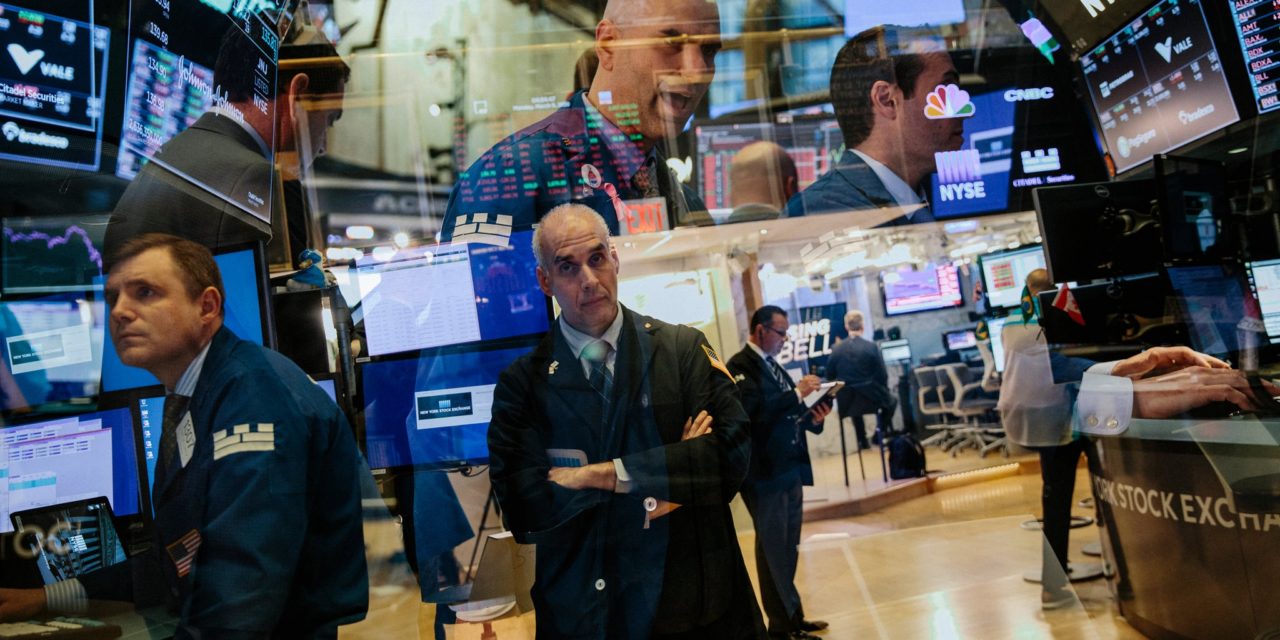As the world teeters on the edge of an, as yet, undeclared global pandemic, the stock market reacted on Monday with the biggest single point drop in its history; falling 2,000 points and wiping out 7.9 percent of total stock value in one day. Combined with an all-out price war launched by Saudi Arabia with major oil producer Russia on oil production, which drove down prices for crude oil to under $30 per barrel, it amounted to the largest market drop since the 2008 financial crisis.
Ahead of the market opening, on Sunday evening Italy announced that the entire country, totaling 60 million inhabitants, will be considered quarantined and in literal ‘lockdown’ in an attempt to stop the spread of the COVID-19 virus in that country. With more than 9,000 cases and 463 deaths, Italy now surpasses South Korea and Iran for the most cases outside China, where the disease started nearly three months ago. Germany reports 1,200 cases, while France and Spain have each reported 1,600 cases.
The World Health Organization (WHO) says that it is close to declaring the COVID-19 virus as a global pandemic now that has now spread to more than 110 countries worldwide, sickening more than 114,000 and resulting in 4,000 deaths. The definition of a pandemic, according to WHO, is the broad, global spread of a disease across countries, coupled with broad community transmission of the disease within those countries.
The U.S. now has 794 “presumptive positive” cases of coronavirus, including 27 deaths. Federal public health officials on Tuesday moved to issue an advisory to nursing homes nationwide, barring most family and friend visits to residents, to help prevent the spread of the coronavirus.
“The mortality rate is shocking,” said the President and CEO of the American Health Care Association. He said the death rate for those aged 80 and older who were infected may well be far beyond the 15 percent reported in China for that age group.
While the market drop was precipitous, it appears to reflect the fear and uncertainty brought about by the spread of the coronavirus, rather than fundamental defects in financial markets. U.S. markets are attempting a comeback on Tuesday, although world markets continue jittery and an initial 1,000 point gain fizzled. The 11-year bull market that surmounted a global trade war and a standoff with Iran, now appears to be in ‘bear’ market territory (defined as a 20 percent market correction). By the end of the trading session the marekt closed up 1,100 points, still well below highs of only a few days ago.
Of more concern across states and local economies is the effects on important business categories underlying the U.S. economy. Airlines and cruise ship companies, hotel and restaurant business, tourism areas, and music venues are all being affected. Boston, Chicago and even Dublin, Ireland have all canceled St. Patrick’s Day parades. Events and schedules for museums, schools, universities and churches are being affected, as well as major sporting events. Even the National Basketball Association’s March Madness playoffs may be played in empty sports arenas.
The global supply chains that underlie the world’s ‘just-in-time’ manufacturing processes across a broad swath of industries have been disrupted. This has a far reaching economic impact, as industries as diverse as toy manufacturing and the apparel business, to the auto industry, tech businesses, the wedding industry and steel production face supply disruptions.
Across the country, Main Street – local businesses like restaurants, retail shops, catering businesses and coffee gathering spots – are now feeling the pinch. Not only are supply orders being delayed, but as people stay home and adhere to public health officials’ request to practice ‘social distancing,’ the effects of business disruption will grow.
The most important thing that local residents can do for their communities may be to make a point of shopping local right now. Public health officials still stress that the chances of getting the coronavirus are low at the local level and that common sense hygiene steps will help protect residents from the illness, including colds and the Type A and B flu strains that are also circulating, while reducing the chances of contracting COVID-19.
Ark Valley Voice has created a dynamic special news section on the spread of the COVID-19 virus; including updates on the spread, national and local response to the health crisis, and facts and information from health experts, that is being added to as information is being received.
Photo image: The New York Stock Exchange on Monday, the worst day for stocks since the financial crisis. (Credit Mark Abramson for The New York Times








Recent Comments